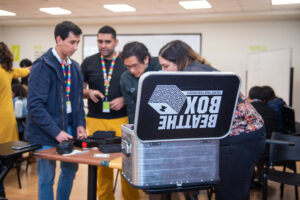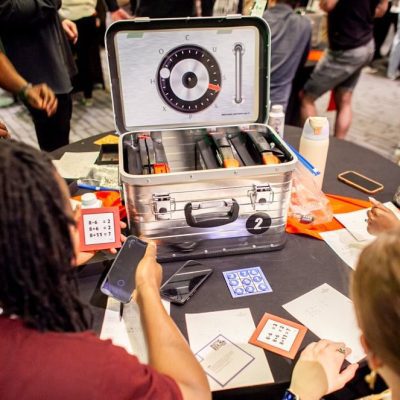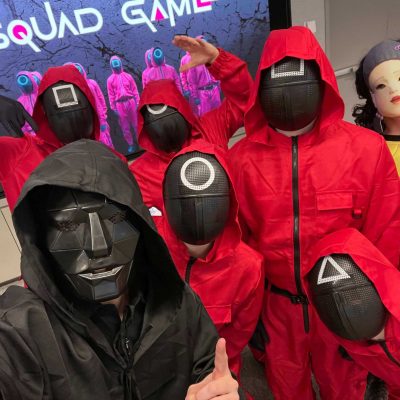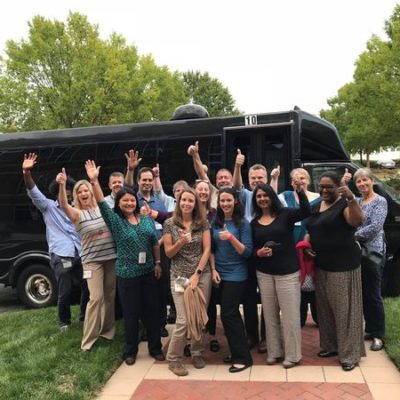Managing Gen Z in the Workplace: A Guide From Someone Who Gets It
Let’s talk about Gen Z in the workplace. I’m part of this generation, and I’ve watched my peers enter the workforce over the past few years. Honestly? There’s often a disconnect between what employers think Gen Z workers want and what we actually value.
The oldest Gen Z employees are in their mid to late 20s, and many are settling into their careers.
Like every generation before us, we bring new ideas and expectations into the workplace, but working with Gen Z is no more or less complicated than any other generation—it just requires a different approach.
Understanding these differences is helpful for attracting today’s top talent and essential for building stronger collaborative teams across all generations. So today, we’re diving into a crash course on everything you need to know about your Gen Z employees.
Who Are Gen Z Employees, Really?
Let me set the record straight about Gen Z employees. We’re the generation born between 1997 and 2012, which means the oldest of us are hitting our career stride while the youngest are just entering high school.
Let’s focus on those of us actually in the workplace.
Career Outlook
Many of us grew up during the 2008 recession, watched millennials battle student debt and job insecurity, and came of age during a global pandemic. We’re often not optimistic about traditional career paths because, frankly, we’ve seen them fall apart overnight.
This experience left many of us wary of debt and seeking financial stability through. After the pandemic, Gen Z employees also tend to value community and belonging, and we generally prefer on-site work more than our millennial counterparts.
Technology Experience
We’re digital natives who learned to adapt quickly because we had to. We grew up using computers, smartphones, and social media, which does come with pros and cons, but it sets us apart from Gen X and older generations.
There’s some overlap with millennials, many of whom are also digital natives. Research shows that 70% of Gen Z would even leave their current role for one with better technology since it generally makes it easier to do our jobs and let our skills shine.

Misconceptions About Gen Z, Stereotypes, and Values
The biggest misconception I hear about managing Gen Z in the workplace is that we’re unmotivated. Wrong. We’re just motivated by different things than previous generations.
In our latest podcast episode—The Age Advantage—generational expert Meghan Grace really nailed this. As she explains:
“Gen Z shows up to work with a serious, informed mindset shaped by economic challenges, rising education costs, and a desire to avoid the struggles millennials faced.”
Meghan also busts some common Gen Z stereotypes in the workplace, like the myth that we’re lazy, while explaining how leaders can adapt and leverage our strengths:
- Tech skills
- Emotional intelligence
- A drive to work smarter, not harder
I suggest checking it out if you’re managing Gen Z in your workplace or just working alongside several different generations, which is common in today’s offices. It’s packed with amazing multigenerational insights, and her take on things is incredibly helpful.
What Motivates Gen Z in the Workplace, Really?
I can practically hear some of our readers saying, “Okay, so if you’re not unmotivated, what does Gen Z want in the workplace then? What motivates them? I don’t get it!”
This is a perfectly normal reaction and one that has happened with each new generation as they enter the workforce. So, let’s cut through the misinformation and get to what actually drives us with the most common Gen Z workplace expectations:
- Purpose Over Paychecks: Don’t get me wrong, we need to pay our bills, and financial stability is highly important to us. But we also want to know our work matters. Give us projects that align with our core values and watch us excel.
- Growth Opportunities: We’ve seen what happens when companies don’t invest in their people. If you’re not helping us develop our skills, we’ll find someone who will. Give us opportunities to move up and learn new things.
- Flexibility and Autonomy: We trust ourselves to get the job done, whether that’s from home, the office, or a cafe, and we want you to trust us too. Micromanaging us only pushes us away. Give us flexibility and autonomy, and we’ll prove that we can do more than handle it—we can thrive with it!
- Feedback and Recognition: We grew up getting immediate feedback online, even in school. In the workplace, we want regular check-ins and genuine recognition for our contributions. Give us feedback so we know where to improve, and recognition when we’re doing well.
- Corporate Social Responsibility: We’ve grown up with a lot of uncertainty, and we like to work with companies that use their power for good. Corporate social responsibility (CSR) and sustainability attract Gen Z employees because CSR makes a difference, and we like that.
It’s hard to argue with the expectations above, and workplaces that provide these things don’t just attract Gen Z employees—they attract top talent from all generations.
We also value efficiency, authenticity, and yes, work-life balance. But that doesn’t make us lazy. It makes us smart!
Since there’s a lot of confusion out there, let’s talk a bit more about our workplace expectations. Trust me, Gen Z isn’t complicated if you understand what we value.
Work-Life Balance
We watched our parents work themselves to the bone growing up, often for companies that didn’t return that loyalty. We want something different. Work-life balance isn’t a nice-to-have for most Gen Z. It’s essential.
This doesn’t mean we won’t work hard. It means we won’t sacrifice our mental health, relationships, or personal growth for a job that could disappear tomorrow.
Transparency
Gen Z is often painted as demanding or entitled, but really, we just want honesty. We grew up with access to information about the world at our fingertips. When companies try to hide things from us or sugarcoat reality, we notice, and we don’t like it.
Be upfront about challenges, changes, and expectations. We can handle the truth, and we’ll respect you more for sharing it. A lack of transparency creates trust issues, toxicity, high turnover rates, and conflict.
Diversity and Inclusion
As part of Gen Z myself, I can tell you that diversity and inclusion aren’t nice-to-haves or marketing tactics to us. They’re fundamental values that shape how we see the world. We’ve grown up in the most diverse generation in history, and we expect our workplaces to reflect that.
If your company talks about diversity but doesn’t back it up with action, we’ll notice. And we’ll probably look for opportunities elsewhere.
Career Growth
Professional development is highly valued among Gen Z as well. We tend to place less emphasis on loyalty to an employer and more on being able to grow so we can advance our careers.
Many companies have stopped providing avenues for growth, and we’ve responded by being willing to change jobs when we feel we’re ready to move up the ladder. If you don’t want that to happen, protect your turnover rates and let us advance internally.
How to Communicate with Gen Z in the Workplace
Here’s another area where I see a lot of confusion—how to communicate with Gen Z. But we’re not that different from other generations when it comes to basic communication needs.
We just have some preferences that might be unfamiliar to older generations:
- Keep It Concise: We’ve been trained by social media to process information quickly and trim things down. Don’t be afraid to skip the fluff and get right to the point.
- Use the Right Channel: For quick updates? Slack or Teams work great. For complex discussions? We actually prefer face-to-face meetings or video calls over endless email chains and drawn-out DMs.
- Be Authentic: Drop the corporate speak. We can tell when you’re being genuine and when you’re not. A simple, honest approach works better than formal business jargon.
- Visual Communication Works: We process visual information well, so feel free to use charts, graphics, or even memes (when appropriate) to get your point across.
Busting Gen Z Workplace Stereotypes
I’d like to address some of the most common Gen Z stereotypes I hear in the workplace:
- Gen Z workers are lazy: No, we’re efficient. We’ll find the fastest, most effective way to complete a task. If that looks different from how you’ve always done it, that doesn’t make it wrong.
- They job-hop too much: We change jobs when we’re not growing or when our values don’t align with the company. Previous generations might have stayed in unsatisfying jobs out of loyalty, but we’ve learned that loyalty goes both ways.
- They can’t handle criticism: We can handle feedback just fine. We just want it delivered respectfully and constructively. Personal attacks, passive-aggressive comments, or vague criticism won’t help us improve.
- They’re always on their phones: Yes, we’re comfortable with technology. But we’re also capable of putting devices away when needed. Set clear expectations about phone use instead of making assumptions.
What Does #WorkTok Tell Us About Gen Z Workers?
If you want to understand Gen Z in the workplace, you need to pay attention to #WorkTok. TikTok is popular with Gen Z, and we talk about our work lives—good, bad, and ugly—there.
People have always talked about their work lives, but social media allows for much greater reach. This has given us a sense of solidarity. It reminds us we’re not alone with the struggles we face in the workplace:
- Poor work-life balance
- Lack of meaningful work
- Not being given autonomy
- Not being invested in
@notkaityfuqua cc’d my boss? all good, i’ll cc the whole company #corporate #corporatelife #corporatehumor #corporatetiktok #millennial #9to5 #work #worktok #job ♬ Monkeys Spinning Monkeys – Kevin MacLeod & Kevin The Monkey
It’s easy for older generations to dismiss this as Gen Z being entitled or spoiled. Some managers see WorkTok as complaining, but I see it as valuable feedback. We’re highlighting real issues that affect productivity, retention, and employee satisfaction.
Instead of dismissing these concerns, smart leaders are listening and making changes accordingly.
Leading Across Generations: What Actually Works
To wrap things up, let’s talk about how to bridge the intergenerational gap with Gen Z in the workplace. It’s not about catering to one generation over another, but about finding common ground and leveraging each generation’s strengths.
As Meghan put it, “Overcoming that intergenerational gap is just being able to say, ‘I recognize that today’s 22-year-olds are different than when I was 22 and that’s okay, but where can we find our common ground to have that connection?’”
Here are some strategies that actually work for leading a multigenerational workforce:
- Emphasize Diversity: Placing emphasis on diversity, equity, inclusion, and belonging (DEIB) goes a long way when it comes to Gen Z in the workplace. It helps other generations and people as well.
- Create Mentorship Opportunities: Pair Gen Z employees with more experienced team members. We want to learn from your expertise, and you might be surprised by what we can teach you about new technologies and approaches.
- Offer Shared Learning Experiences: Learning alongside other generations feels good for everyone and builds those bridges. For example, events like Beat the Box help bring teams together and increase understanding through shared experiences.
- Offer Flexible Communication: Some people prefer email, others like face-to-face conversations, and some work best with instant messaging. Accommodate different preferences when possible.
- Invest In Everyone’s Growth. Professional development shouldn’t stop at a certain age. When you invest in all your employees’ growth, everyone benefits. We want to learn new skills and our abilities—programs like Leadership Stories are a great way to make this happen.
- Reward Success: Like everyone, we want to feel like our accomplishments are noticed. Consider celebrating achievements with team building events like The Mystery Bus or Squad Games to help bring teams together while showing you value their efforts.
Remember, the future of work isn’t about one generation dominating the workplace, but about different generations working together. Trust me, when teams bridge generational gaps and leverage everyone’s strengths, magic happens.
Whether it’s through team building activities, mentorship programs, or simply creating more opportunities for cross-generational collaboration, the goal is the same: building stronger, more effective teams.
The key is moving past stereotypes and assumptions to focus on what each person brings to the table.
Ready To Start Connecting With Your Gen Z Employees?
Understanding Gen Z in the workplace isn’t about completely changing how you do business, but about understanding and supporting younger people as they enter the workforce and build their careers, just like you do with other generations.
We’re not asking for special treatment, though. We’re asking for workplaces that understand that we value things like work-life balance, CSR, meaningful work, flexibility, transparency, diversity, and career growth. These are things everyone can benefit from.
Bridging the gap between generations can be more difficult than it seems, but don’t worry! TeamBonding can help. We have years of experience bridging these gaps and a strong knowledge of Gen Z, with plenty of Gen Z team members just like me.
Our team building experiences are designed to bring people together across generational lines, creating understanding and collaboration that lasts long after the event ends.
So, start connecting with your Gen Z employees and prepare your company for the future. We have 200+ proven events that can bring employees together across generations, so get in touch with us today—let’s build something great together.
Get more insights in our newsletter:
* every subscription supports charity!
Plays well with these activities.

 Unlock exclusive resources for better teams. Every subscription supports charity!
Unlock exclusive resources for better teams. Every subscription supports charity!
Create Your Free Account
Get exclusive access to new programs from the TeamBonding Lab, save your favorite ideas, and track your upcoming events.
Already have an account? Login




